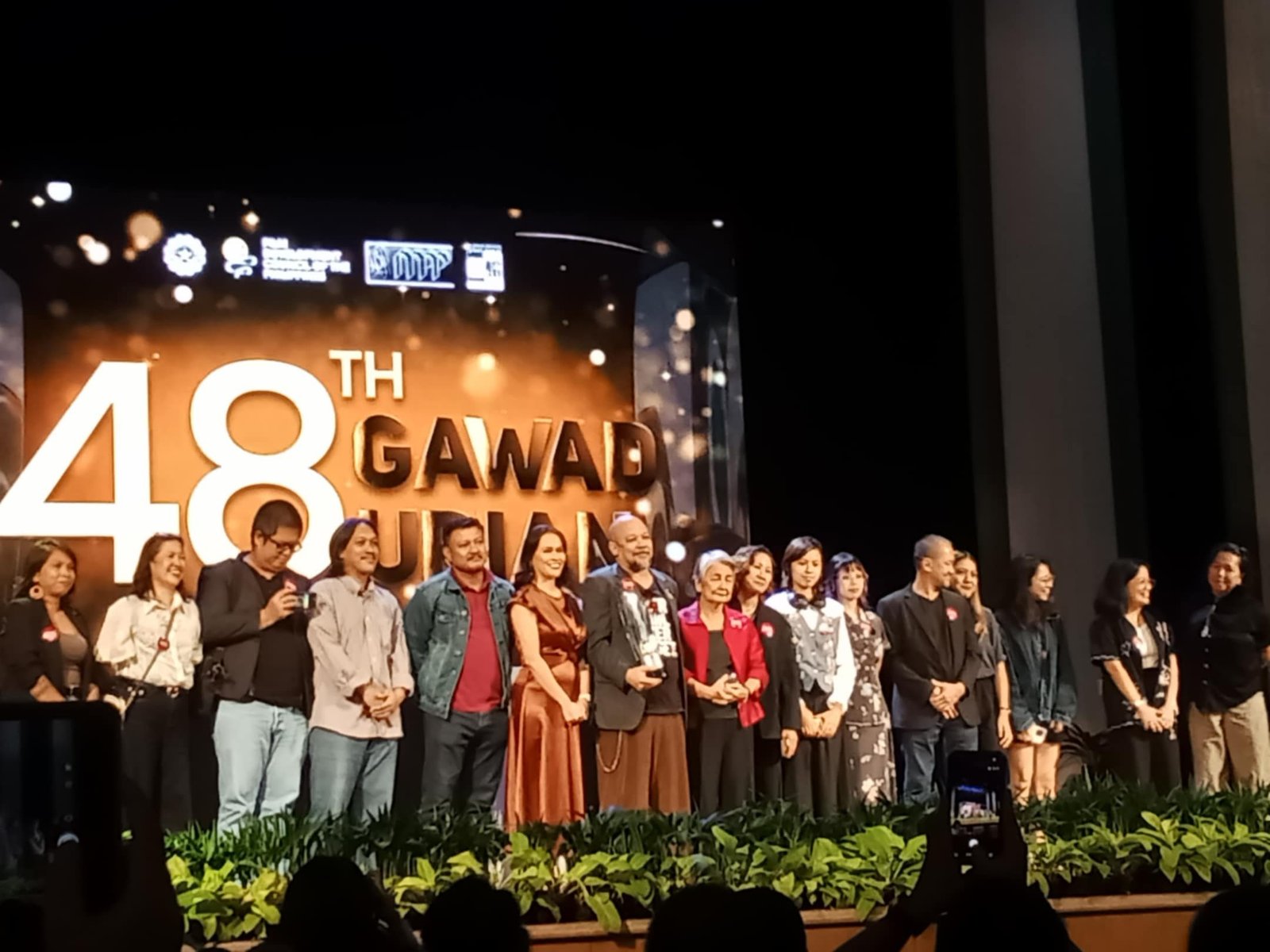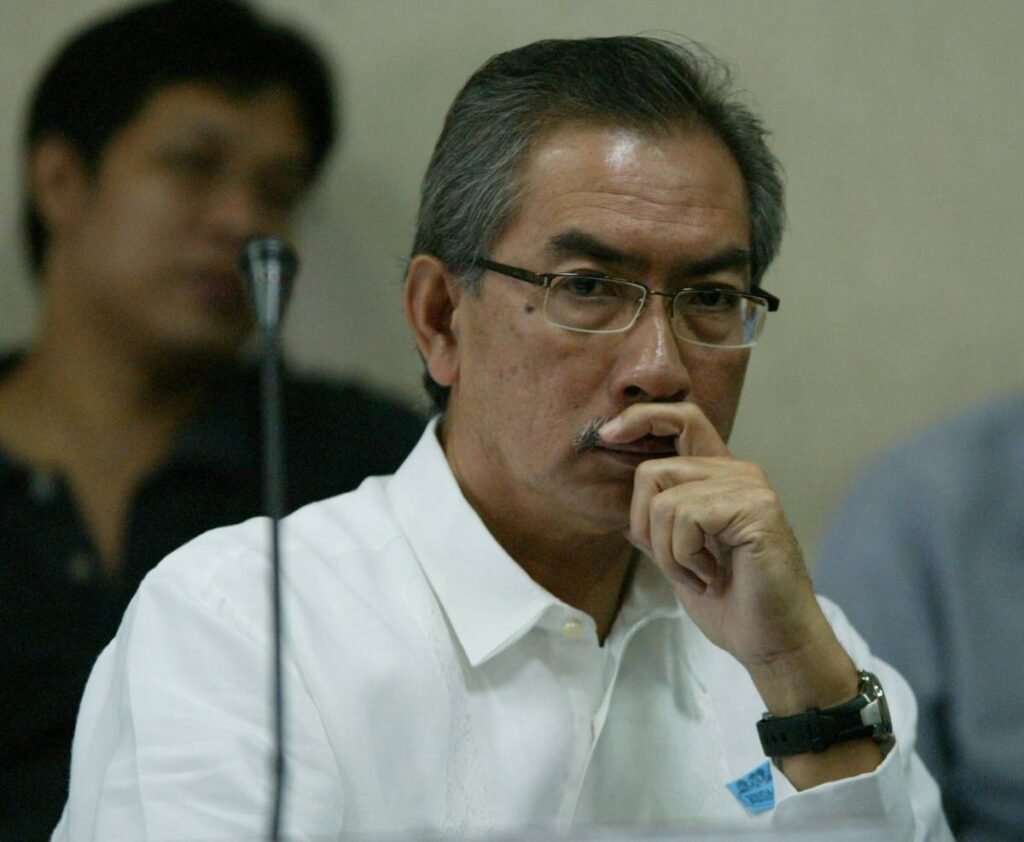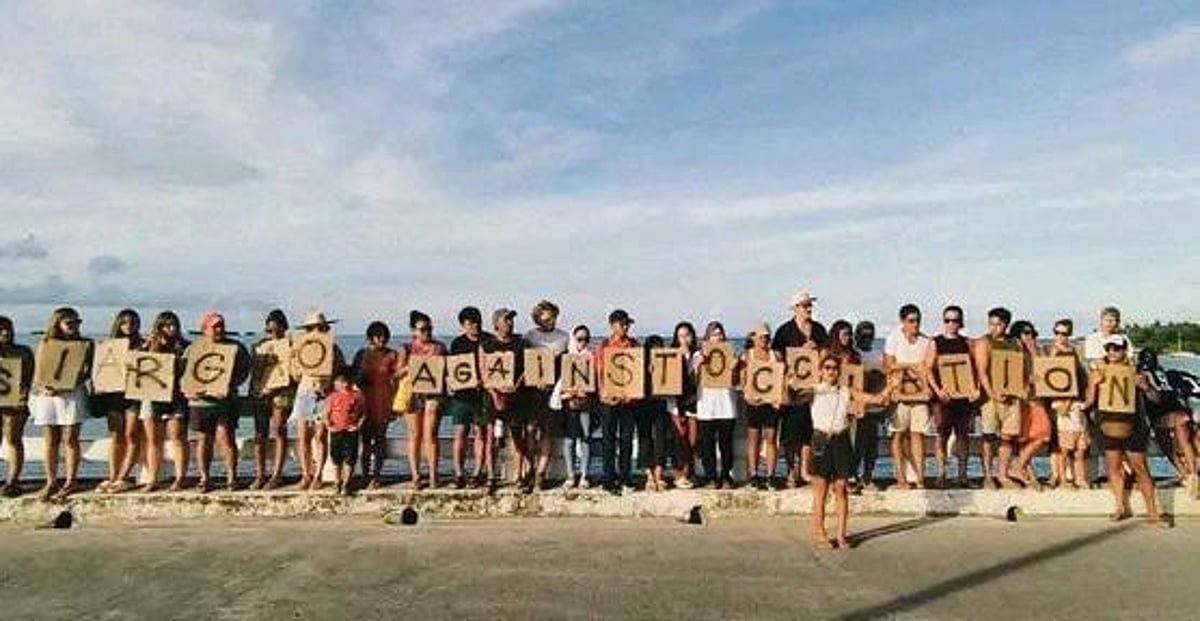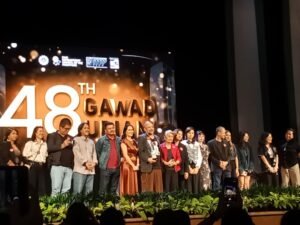PROFESSOR Randy David, a highly reputable sociologist, disagrees with the use of “systemic corruption” to describe widespread incidences in our polity. He believes that using the term means agreeing to the view that corruption has percolated into our culture. He claims that this runs counter to historical experience and cites two instances.
One was the ascendance of Corazon Aquino to power in the ’80s when Filipinos defied “old loyalties and habits to give change a chance.” Two is the latest local elections as those who ran under a good governance platform, despite possessing limited resources, were able to topple entrenched political dynasties. David says these two episodes manifest “that systematic corruption is not a destiny. It is not inscribed in our cultural DNA.”
I have to beg to disagree with my former and respected UP professor. The examples he cites are too thin to make an exception out of a general rule. Corruption is endemic and systemic in the Filipino political culture.
“What are we in power for?” is a famous line attributed to the first Senate President of the Philippines, the late Jose Avelino. It is an unequivocal declaration of a license to enrich oneself in office, particularly knowing that the salary of a public servant is a pittance compared to top company executives. Unfortunately, this sense of entitlement resonates from the holder of the country’s topmost office down to lowly barangay leaders.
An ordinary Filipino attempting to obtain a barangay clearance will usually be hassled for cigarette or snack money. An informal settler planning to construct a shanty along the “riles” will have to shell out scarce savings to obtain “access rights” from the barangay captain or councilor.
Get the latest news
delivered to your inbox
Sign up for The Manila Times newsletters
A jeepney or tricycle driver applying to become a member of an association will be charged an exorbitant membership fee as the amount includes the “tongpats” for local police and officials to allow the drivers to illegally park or be exempted from traffic violation charges. A jeepney “barker” will tell you that part of their earnings have to go the police assigned in the area if they want to continue operating.
Apply for a building permit and one will pay grease money to the building, electrical, water and sanitation inspectors. Try applying for a driver’s license at the Land Transportation Office and you will encounter fixers who will facilitate getting one without having to take the driving proficiency test. And in many instances, traffic violators are the ones encouraging corruption as they offer a bribe to the arresting officer.
The biggest offenders of course are our honorable legislators by virtue of the fact that Congress has control over the country’s budget. For the moment, attention is all focused on the flood control project scams perpetrated by private contractors, Department of Public Works and Highways officials and selected congressmen. These have elicited intense public anger, not only because of the billions and even trillions of pesos involved, but also the adverse consequences on the public.
Hundreds and thousands have been victimized by widespread flooding in various parts of the country. Incomes were lost as people could not report to work or their businesses had to be temporarily closed. Worse, some died as a result of drowning or water-borne diseases.
The sad reality is that unabated corruption is not only confined to flood control projects, though the sums involved here dwarf those for other public works projects. And whenever there are public works projects, the presence of congressmen cannot be denied. Construction funds are allocated per congressional district and hence, the congressman of that place has a lot of say in the utilization of the funds.
In agriculture, farm-to-market roads (FMRs) cannot be constructed without directly consulting the congressman of a district. The results, as a World Bank study showed, are that no solid criteria — like like poverty concentration, agricultural growth potential and whether links will be facilitated to lower transport cost — was used in the provision of FMRs; most decisions where to construct FMRs were made at the Department of Agriculture central office in close consultation with a congressman instead of being requested by the local community; and upon ocular inspection of selected sites, FMRs were not connected to each other.
Another favorite expenditure item is the provision of small-scale irrigation facilities. Unfortunately, most are not operational during the dry season when the farmer needs water the most.
The preference for FMRs and small-scale irrigation facilities is due to the fact that their disappearance can easily be justified by claiming that they were washed out by typhoons. In turn, this necessitates another round of funding for the very same facilities.
Ostensibly, the modus operandi extends to other public infrastructure projects such as school buildings, hospitals, sports complexes, etc. For as long as Congress has control over our budgetary processes, it will be difficult to eliminate or even minimize corruption.
The governance system that we borrowed from the United States (where the president sits at the helm and Congress with upper and lower chambers has control over the budget) has not served the best interests of the Philippines. It has actually achieved the very opposite as it treats public service as a business of enriching oneself while in office.
The country needs a structural change in governance in order to ensure that the right people are selected to lead the Filipino people. The nation cannot survive the rapidly changing global political economy with mediocre political and economic leaders who are obsessed in keeping themselves in power while hardly uplifting our socioeconomic welfare.











